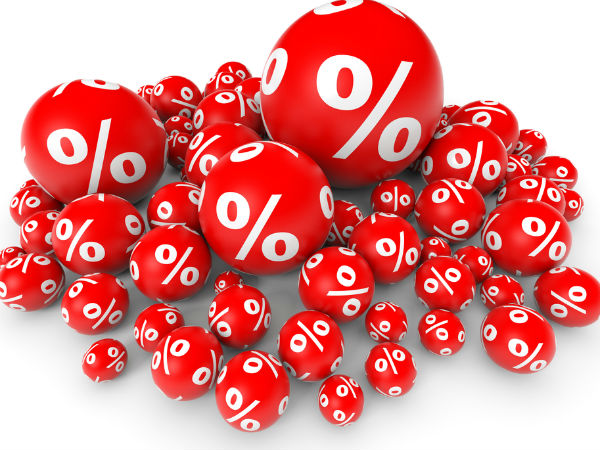What is RoE and how is it important?
Return of equity calculates the net profit realized as a percentage of shareholder’s equity. The financial ratio is arrived at by dividing net profit by net worth which can be equity plus reserves and retained earnings.
Low or high RoE which is good for investors
High RoE signifies that the company is able to deploy the shareholders’ capital and can provide substantial returns and as per analysts stocks offering an RoE of over 20 percent can be considered as good investments. So now as we know as stock picking can be done employing this technique, here are the pharma names with RoE over 20 percent and zero debt.
1. IOL Chemicals:
This company is innovation focused bulk drug, intermediates as well as specialty chemicals company. The company has over 3 decades experience and is an API based pharma company. The company’s API portfolio comprisestherapeutic categories, such as Pain Management, Anti-diabetic, Anti-hypertensive, and Anti-convulsant, amongst others.
The company’s market cap is at Rs. 3257 crore and last quotes at a price of Rs. 555 per share.
The company’s RoE is at a staggering 43 percent and a net zero debt.
2. Abbott:
The company’s RoE stands at 27.89 percent while its debt to equity has been zero. Abbott India is a healthcare entity discovering, developing, manufacturing and marketing several products in areas including Anesthesia, Animal Health, Anti-Infectives, Cardiovascular, Diabetes Care, Hematology, Immunodiagnostics and Clinical Chemistry, Immunology, Metabolics, Molecular, Neuroscience, Nutrition, Oncology, Pain Care, Point of Care, Renal Care, Vascular, Virology.
Abbott for the period ending June of FY22 posted Rs. 195.76 crore net profit as against Rs. 152 crore in the March quarter.
3. Eris Lifescience:
The company has been consistent in maintaining itself a zero debt company since the year 2019, while its RoE is at 24.78 percent.
This is the only publicly listed Indian pharmaceutical company with a pure-play domestic branded formulations business model. The company since inception in 2007 has primarily focused on chronic and sub chronic lifestyle related therapies. The company’s revenues exceeded Rs. 1,200 crore for the year ended March 2021.
The stock’s latest market capitalization is at Rs. 10,786 crore.
4. Divis Lab:
The stock’s RoE is 23.90 percent with debt to equity continuing to be zero for the last two years. The company is a large cap scrip with 1,31,307 crore.
The Hyderabad based company is into manufacturing of Generic APIs, Nutraceutical Ingredients and offers Custom Synthesis of APIs to Big Pharma. The company leads in APIs, Intermediates and Registered starting materials offering high quality products with the highest level of compliance and integrity to over 95 countries.
The company has recently been recognized as the third top manufacturer of APIs globally.
Other than the above, Astrazeneca, Gland Pharma, Glaxo Pharma, Ajanta Pharma, Sanofi, Procter and Gamble Health are all debt free pharma firms with zero debt.
Disclaimer:
These are two metrics based on a company’s fundamentals can be decided upon and can offer an opportune avenue of investment, nonetheless, readers should not consider it to be an investment advice into the above listed pharma scrips.
GoodReturns.in













